Governance
Welcome from the Chair
Thank you for your interest in the Governance of Stanmore College, a flourishing college based in North London.
We provide post-16 academic and vocational education in multiple locations across London and are consistently delivering outstanding teaching & learning, leading to very strong outcomes for our students.
This is an exciting time for the College. There has been significant investment in our buildings and facilities over the last year and these will continue to take shape over the coming months. This will allow us to create some of the very best learning facilities in the region. We are also proud to have been rated “Good” by OFSTED in 2023 and have secured excellent financial health. We do not rest here though. Our Governing Body continues to be both focussed, and committed to further transforming our Corporation into an Outstanding College.
We are passionate about helping our students and community develop the skills they need for both the careers of today, and of the future. We also believe that this development happens best when people feel safe, known and cared for. Our smaller college allows our staff to know the students they are working with and best support our community’s needs. We have ambitious goals, but we believe that it is by working ever more closely with our partners they can be achieved.
The quality of leadership and governance we are able to provide will be key to our success. That is why we regularly review our governance model and continued to strengthen our board from across industry, students and our staff. The recruitment and development of outstanding leaders will continue to be a key priority for us going forward and if you would like to be considered for our Board membership, please look at our website for details on how to do this.
We are extremely proud of our College and what we and our students have achieved over the last few years. We are now, more than ever, driven to improve further still.
Mrs Hannah Butland
Chair of the Board of Governors
Become a Governor
As a governor, you will serve in a voluntary capacity, bringing your skills, expertise, and experience to a vital role. This position carries significant responsibility, and you will be expected to adhere to the seven principles of public life, known as the Nolan Principles. You will also need to sign a code of conduct that outlines what is expected of you as a board member, as well as what you can anticipate from your service on the Board.
-
Becoming a Governor
The Board has a Governance Committee that oversees the recruitment of new Governors. The standard term of office for an external Governor (someone who isn’t a staff or student governor) is four years. We do not have a regular recruitment cycle, instead, we look to replace members who are nearing the end of their term or who are unable to continue serving.
Each year, the Board conducts a skills audit to ensure that the expertise of members aligns with the College’s needs, and recruitment usually focuses on filling specific gaps in our skills matrix. -
What is expected?
All governors serve on the Board and participate in at least one additional committee. Your commitment will involve attending four Board meetings and three committee meetings each year, along with participating in a training day, typically held on a Saturday. Meetings last about 1½ to 2 hours on average, while the training day lasts approximately 6 hours. This means your full year commitment will be around 30 hours.
As a Governor, you are encouraged to attend College events such as award evenings, employer events, networking, or other such occasions. Additionally, we have a Governor engagement program that allows you to explore different aspects of the College in more detail.
While Governors are not paid for their work, you can claim travel expenses.
-
Governor Recruitment Leaflet
Click here to view the Governor recruitment leaflet.
Board Members

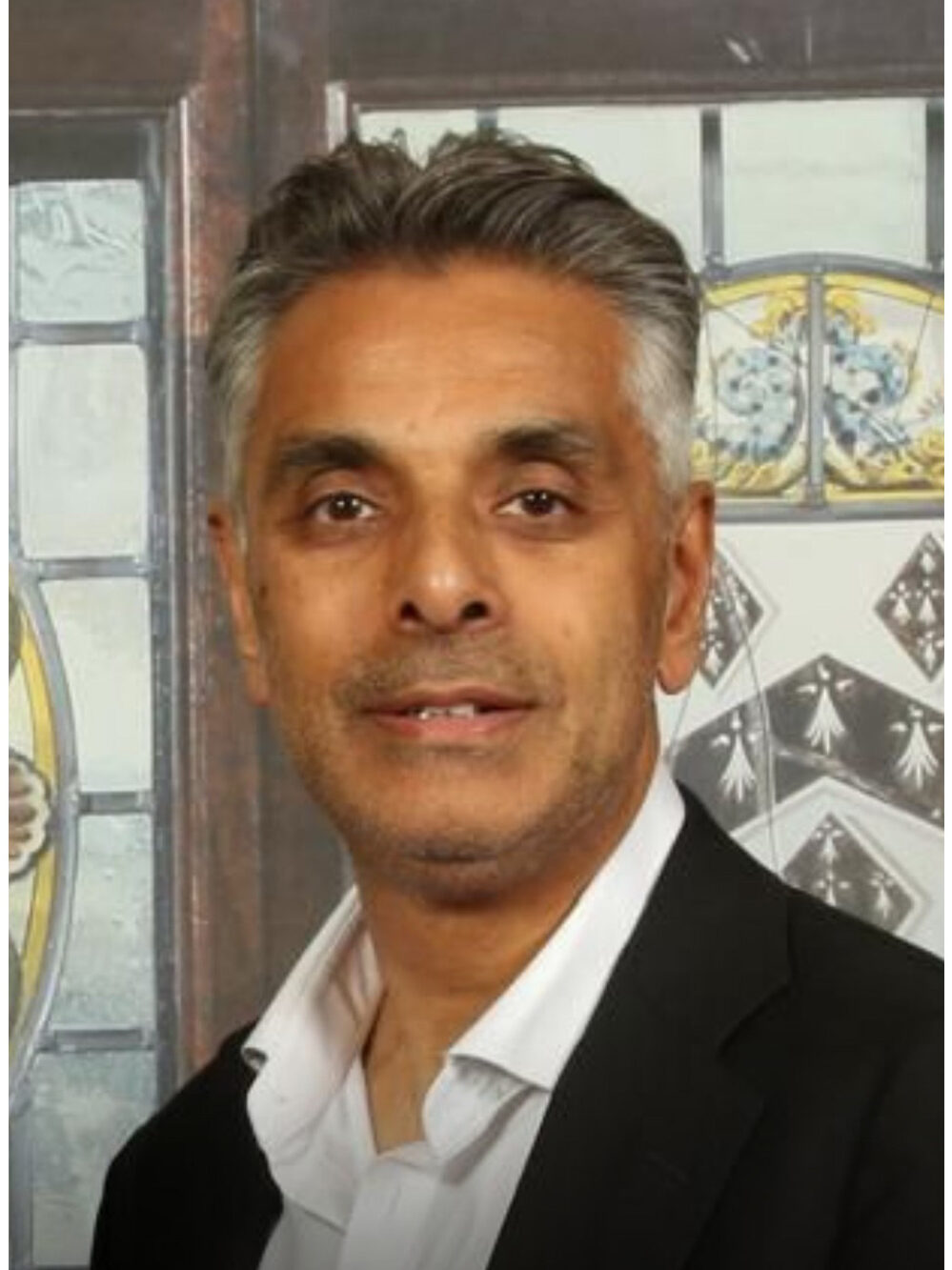
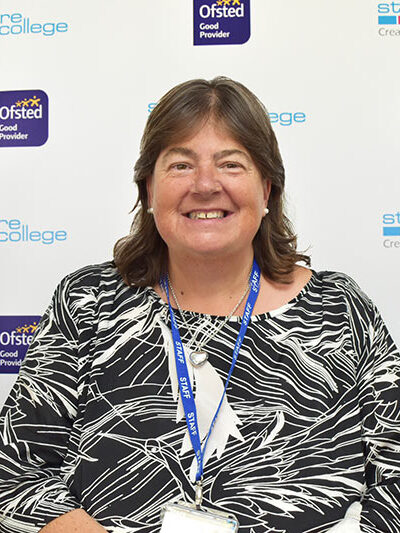


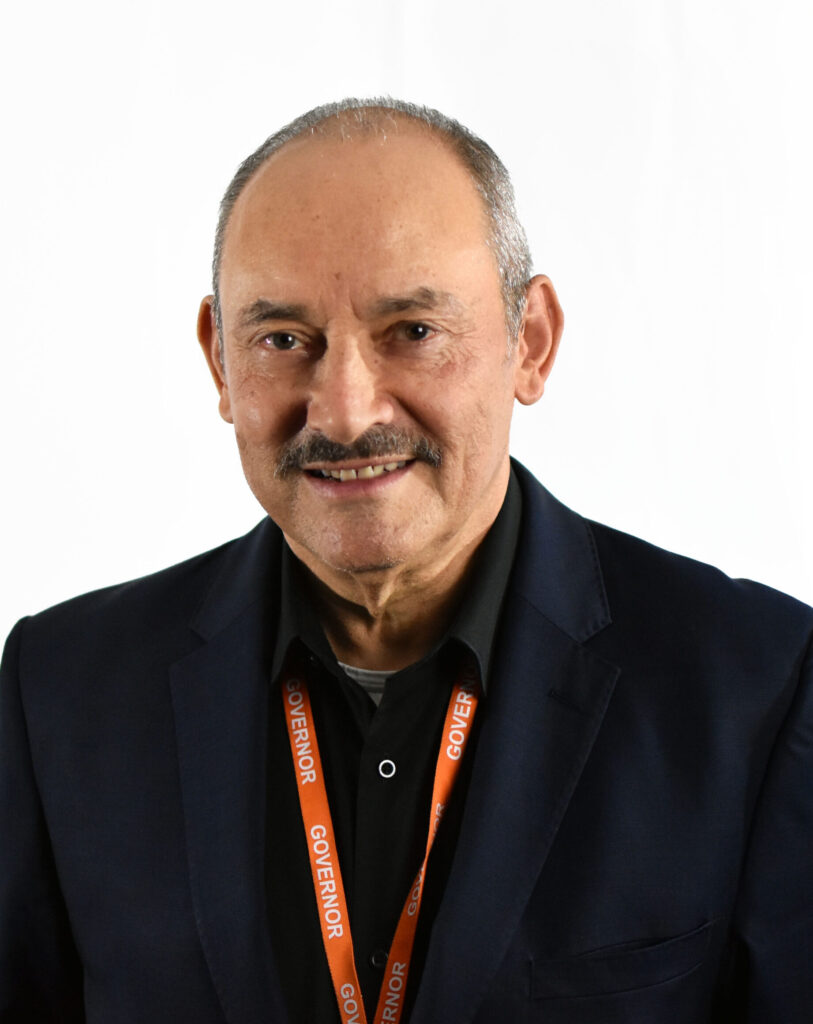


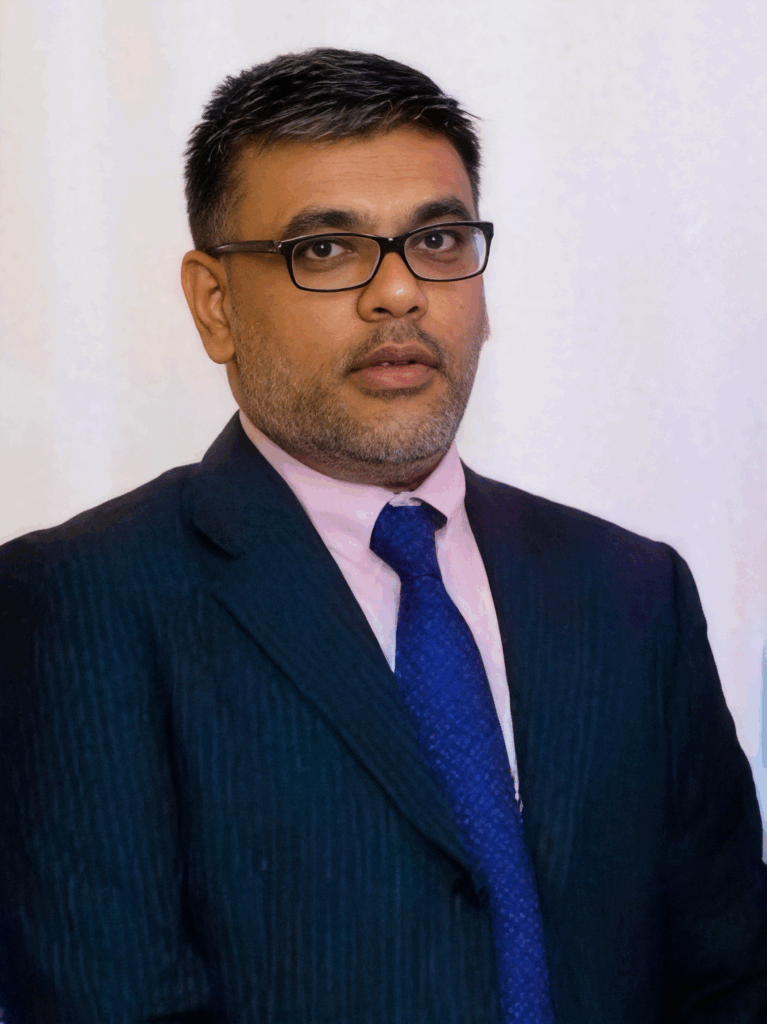


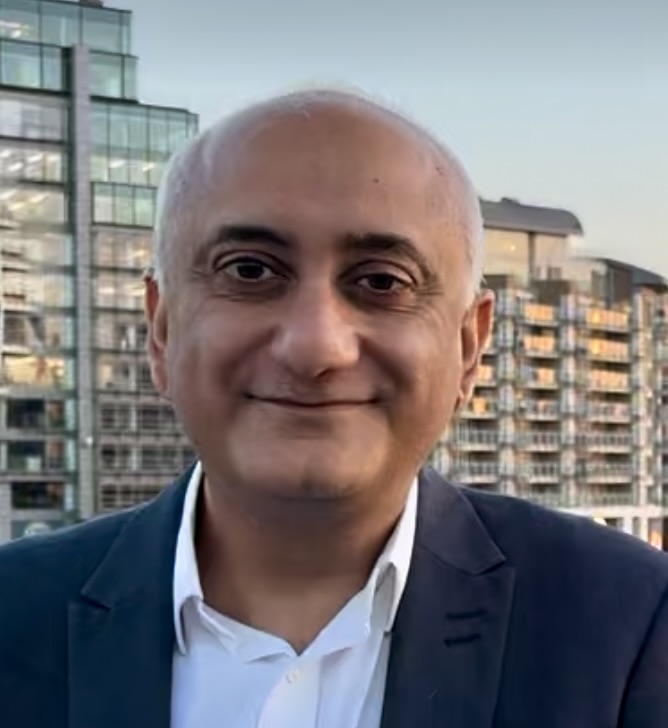

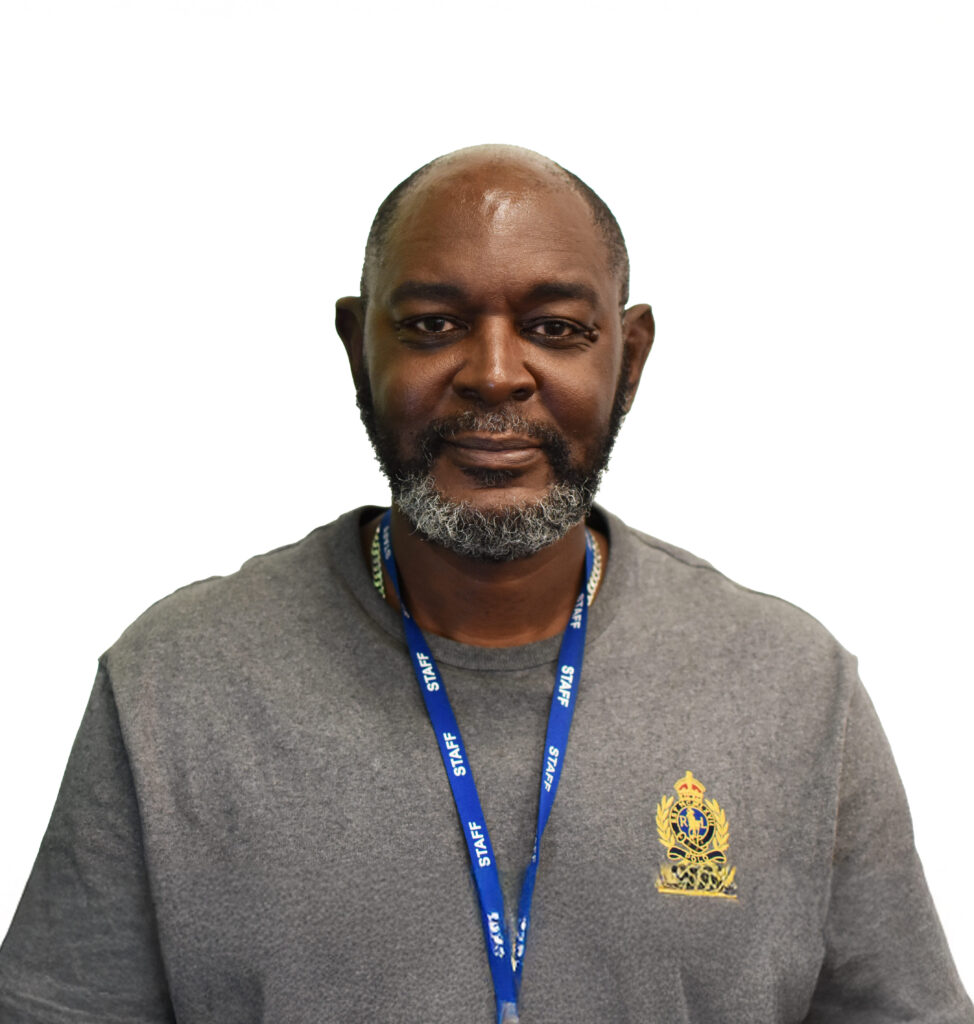


Ambassadors
The College is pleased to appoint the following distinguished professionals as Ambassadors of the College. We thank them for their efforts to continuously improve the College and support positive outcomes for our students.

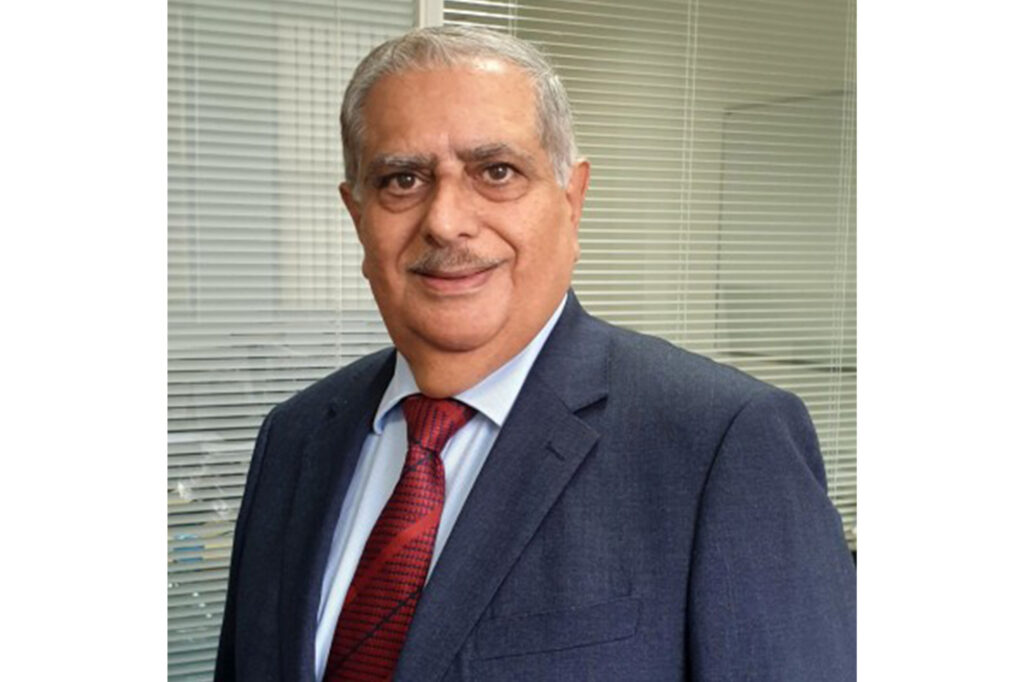
The Recruitment Process
A description of the role outlining the responsibilities of a Board member is available by request.
If you would like to learn more about serving on the Board, please email our Director of Governance:
Kayee Chan.
If you’re interested in becoming a governor, here’s how the recruitment process works:
What Committees Do
Each committee reviews policies, documents, and proposals in detail, tracking progress and activities throughout the year. They report their findings and recommended actions to the Board at termly meetings.
The audit committee oversees risk management, and will meet with internal and external auditors. They typically gather once a term, and include the Principal and Deputy Principal to participate in their reviews.
Governor Committees
-
The Curriculum and Quality Terms of ReferenceDownload
- Last updated: 09.12.24
- Type: PDF
- Size: 80kB
-
The Governance Committee Terms of ReferenceDownload
- Last updated: 09.12.24
- Type: PDF
- Size: 112kB
-
The Resources Committee Terms of ReferenceDownload
- Last updated: 09.12.24
- Type: PDF
- Size: 81kB
-
The Audit Committee Terms of ReferenceDownload
- Last updated: 09.12.24
- Type: PDF
- Size: 149kB
-
Capital Build Working Party Terms of ReferenceDownload
- Last updated: 09.12.24
- Type: PDF
- Size: 113kB
Governance Minutes
Board Effectiveness
Review 2023
Review can be found below, the next review is due in 2026.
Summary of findings:
Within the overall review of the Board’s effectiveness, there is an appropriate governance function at Stanmore College, increasingly enabling the Board to address the challenges of their sector.
This summary of review outcomes should be read in conjunction with the full report as the report contains important contextual information, rationale, and evidence for all the recommendations made. The review considered the Board’s effectiveness and governance maturity across the 5 principal areas.
-
Team
The Board has sought to recruit members with diversity of skills, expertise, and experience, to bring different perspectives to discussions and decisions. Setting out a detailed strategy/principles/KPIs for greater diversity and inclusion at Board level could support this work further. Board members understand how their skills and expertise are relevant to the College’s work and are committed to improving governance. Succession planning for both the Executive and the Board could be more formal as this is a key risk area, and therefore requires greater clarity. Using exit interviews is a fantastic way to support succession and governance improvement and should be considered.
-
Alignment
The Board has been engaged in strategic planning discussions, agreeing the vision, values, and ethos of the College, and reviews risks on a regular basis. Expanding the governors strategic role to include a more generative mode of governance, could strengthen the Board’s alignment behind the strategy. As the Board becomes more familiar with the Local Skills Improvement Plan and the College’s Accountability Agreement, it’s members should gain a deeper understanding of local skills need, both immediate and future, and how the College’s curriculum plan aligns with this.
-
Enabling
Board members, which include a number of new members, are growing in confidence in their role as critical friend, providing constructive challenge. Members are committed and are keen to participate and feel appreciated. Members feel able to contribute freely and willingly to discussions in meetings. More detail in executive reports on the decision-making process underlying presented recommendations and actions, including implications on stakeholders and on the achievement of the strategic objectives, could give board members greater confidence in the decisions they make.
-
Relationships
There is a satisfactory level of candour and mutual respect between governors and between governors and the senior team. More opportunities for social interaction between governors and between governors and the Executive will continue to support relationships built on trust and openness. The Board seeks engagement with all stakeholders and wishes to see this element of the role increase, enabling greater triangulation of executive information and more understanding of the implications of discussions and decisions on stakeholders.
-
Governance Roles & Structures
The Governance Professional has collaborated closely with a National Leader of Governance to ensure governance structures and processes are appropriate, and statutory and regulatory compliance is being met. Roles and responsibilities are set out clearly in documentation and could be further clarified through the issuing of a Letter of Engagement to board members, and as part of a personalised induction programme.
Board Effectiveness 5 Year Review
-
EGR Report October 2023Download
- Last updated: 16.12.24
- Type: PDF
- Size: 660kB






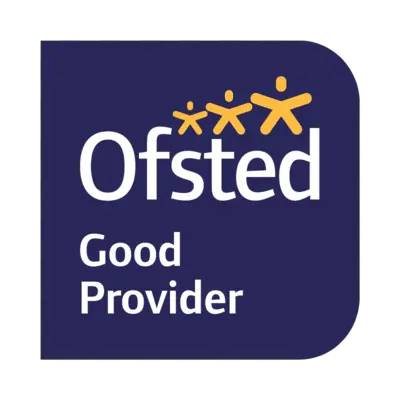
 Back to menu
Back to menu




